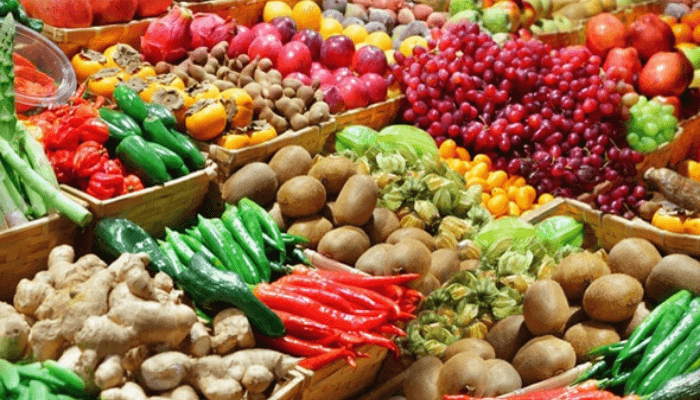July 11, 2025 | Abuja — Nigeria is grappling with a deepening food crisis that experts say is largely self-inflicted, despite the country’s vast arable land and a predominantly young population engaged in agriculture.
According to agricultural economists and food security analysts, the persistent spike in food prices, widespread hunger, and dwindling local production are outcomes of policy inconsistencies, insecurity, and poor investment in the agricultural value chain.
Though the country boasts over 70 million hectares of cultivable land, less than half is being effectively utilized due to multiple systemic issues. Insecurity, particularly in the North-West and North-Central regions, has forced thousands of farmers off their lands, disrupting planting and harvesting cycles.
“Most rural farmers can no longer access their farmlands due to banditry and insurgent attacks. Until security is restored, we can’t expect sustainable food production,” said Dr. Chuka Agbo, an agricultural policy analyst.
In addition, Nigeria’s heavy reliance on food imports—from rice to wheat—has further exposed the nation to global price shocks and foreign exchange volatility. Despite border closures and initiatives such as the Anchor Borrowers’ Programme, food imports have surged, widening the gap between demand and domestic supply.
The government’s inconsistent agricultural policies and poor extension services have also been blamed for the crisis. Farmers continue to face challenges with access to improved seeds, fertilizers, mechanized tools, and market infrastructure.
A recent report by the National Bureau of Statistics (NBS) indicated that food inflation hit 43.1% in June 2025, with staples such as rice, yam, and tomatoes becoming unaffordable for many Nigerian families.
Stakeholders argue that without decisive policy reforms, investment in agro-industrial infrastructure, and comprehensive rural security, Nigeria’s dream of attaining food self-sufficiency may remain elusive.
“We must stop treating agriculture like a political token,” said Maryam Musa, President of the Nigerian Women in Agriculture Forum. “It’s time for sincere, data-driven solutions backed by proper funding, farmer support, and private sector engagement.”
Until then, the burden of Nigeria’s food crisis may continue to be carried by the very people who till its fertile soils.

